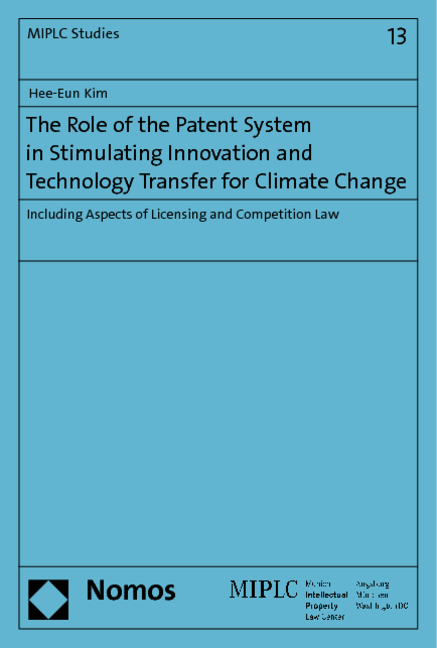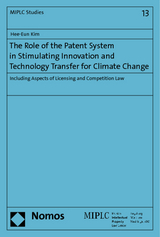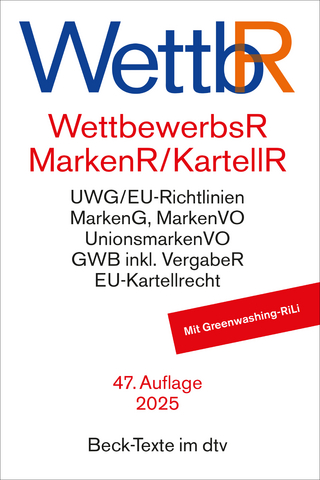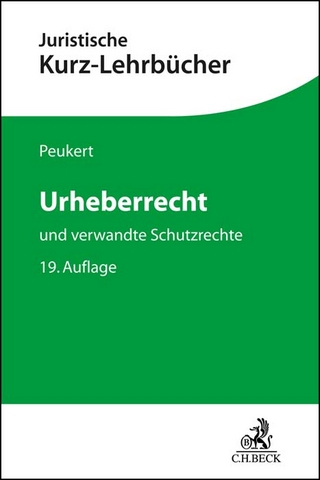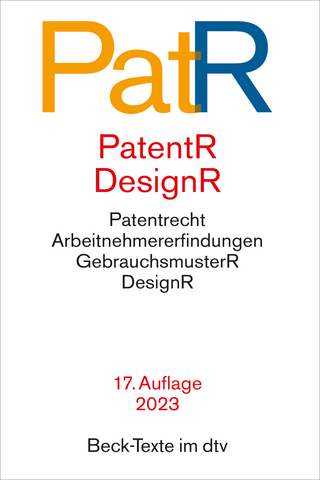The Role of the Patent System in Stimulating Innovation and Technology Transfer for Climate Change
Including Aspects of Licensing and Competition Law
Seiten
Wenn Innovation und Technologietransfer der Schlüssel zur Lösung des globalen Problems des Klimawandels sind, welche Rolle kann dabei das Geistige Eigentum spielen? Das Werk untersucht u.a. die Fragen einer Zwangslizenzierung des Technologietransfers, einer Vorzugsbehandlung von grünen Technologien durch die Patentämter und der TRIPS Compliance.
The world increasingly faces the adverse impact of climate change. What role can intellectual property play to stimulate the necessary innovation and technology transfer? Providing an inventory of patent law, policy and information, including certain private initiatives, this thesis discusses issues at the crossroads of intellectual property and climate change, such as: compulsory licensing for climate change, patent offices’ preferential treatment policy for ‘green’ technology and TRIPS compliance, consideration of ‘greenness’ in substantive patent law, and antitrust disputes affecting green technology sectors. Just as technical progress on climate change is rooted in a open range of scientific experimentation, intellectual property must offer complementary solutions. Whether through public or private initiative, key among these, the thesis concludes, is the optimal provision of information to technology users.
The author has worked at the World Intellectual Property Organization (WIPO) and, in addition to degrees from Ewha Women’s University in Seoul and the Munich Intellectual Property Law Center, more recently has obtained an LL.M. in Law, Science & Technology from Stanford Law School.
The world increasingly faces the adverse impact of climate change. What role can intellectual property play to stimulate the necessary innovation and technology transfer? Providing an inventory of patent law, policy and information, including certain private initiatives, this thesis discusses issues at the crossroads of intellectual property and climate change, such as: compulsory licensing for climate change, patent offices’ preferential treatment policy for ‘green’ technology and TRIPS compliance, consideration of ‘greenness’ in substantive patent law, and antitrust disputes affecting green technology sectors. Just as technical progress on climate change is rooted in a open range of scientific experimentation, intellectual property must offer complementary solutions. Whether through public or private initiative, key among these, the thesis concludes, is the optimal provision of information to technology users.
The author has worked at the World Intellectual Property Organization (WIPO) and, in addition to degrees from Ewha Women’s University in Seoul and the Munich Intellectual Property Law Center, more recently has obtained an LL.M. in Law, Science & Technology from Stanford Law School.
| Erscheint lt. Verlag | 15.11.2011 |
|---|---|
| Reihe/Serie | Munich Intellectual Property Law Center – MIPLC ; 13 |
| Sprache | englisch |
| Maße | 153 x 227 mm |
| Gewicht | 180 g |
| Themenwelt | Recht / Steuern ► Wirtschaftsrecht ► Urheberrecht |
| Schlagworte | Gewerblicher Rechtsschutz • Klimawandel • Klimawandel / Klimaveränderung • Markenrecht • Patentrecht • Patentrecht (PatR) • Urheberrecht / Gewerblicher Rechtsschutz und Medie • Urheberrecht / Gewerblicher Rechtsschutz und Medienrecht |
| ISBN-10 | 3-8329-6522-X / 383296522X |
| ISBN-13 | 978-3-8329-6522-8 / 9783832965228 |
| Zustand | Neuware |
| Haben Sie eine Frage zum Produkt? |
Mehr entdecken
aus dem Bereich
aus dem Bereich
Gesetz gegen den unlauteren Wettbewerb, Preisangabenverordnung, …
Buch | Softcover (2024)
dtv Verlagsgesellschaft
16,90 €
Textausgabe zum deutschen, europäischen und internationalen Patent-, …
Buch | Softcover (2023)
dtv Verlagsgesellschaft
17,90 €
